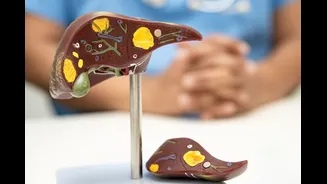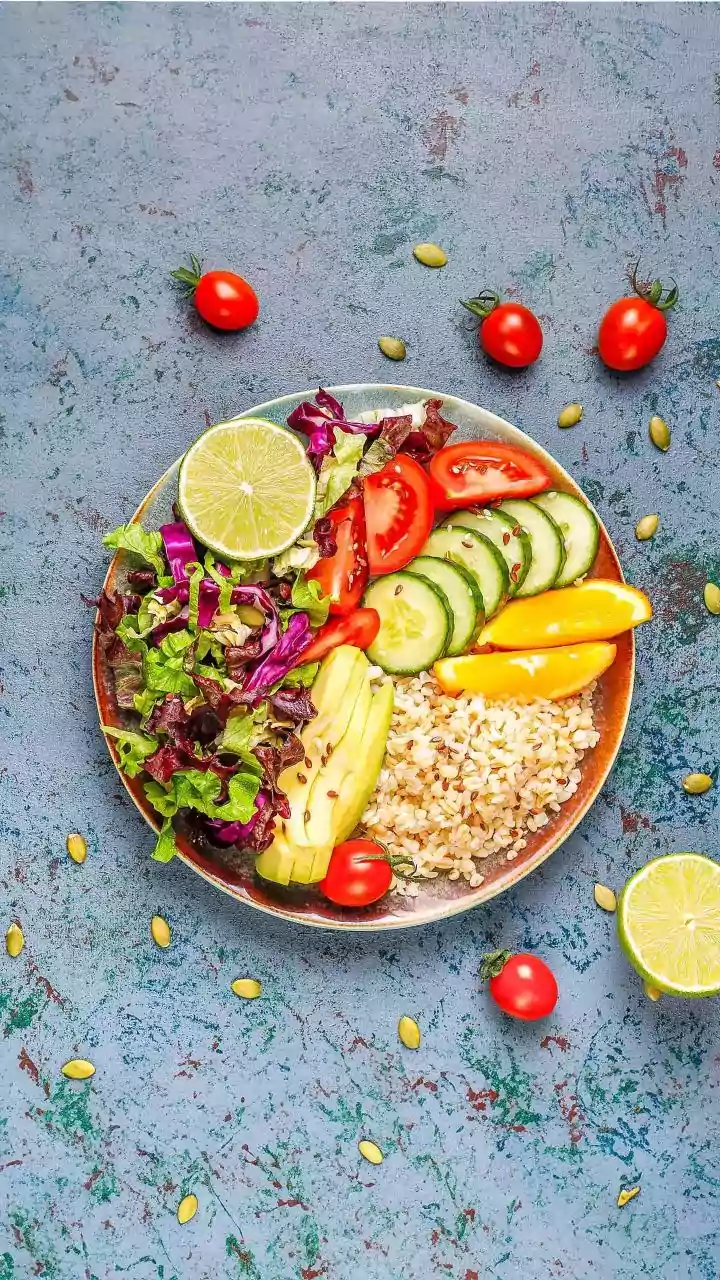The liver is one of the body’s most hardworking organs constantly filtering toxins, metabolising nutrients, and storing energy to keep us functioning at our best. But as Dr. Aditya Shah, MBBS, D.M. Medical
Gastroenterology, Apollo Spectra Hospital, Chennai, explains, our modern eating habits often push this organ far beyond its limits. “The liver is designed to maintain the body in optimal health, but our typical diet today places continuous stress on it,” he says.
Although the liver is remarkably resilient, weeks or months of consuming chemically modified foods, processed snacks, sugary drinks, and refined carbohydrates can gradually compromise its function. According to Dr. Shah, this damage often goes unnoticed, “The characteristic symptoms of liver dysfunction usually appear only after fatty liver or inflammation has already developed.”
Processed Foods: A Direct Hit to Liver Health
The most harmful foods are heavily processed items packed with unhealthy fats and concentrated sugars. Dr. Aditya Shah notes that when excess sugar from sweetened beverages, desserts, and refined carbs accumulates, “the liver converts that extra sugar into fat, eventually leading to fatty liver disease.”
Trans fats which are common in fried foods, packaged snacks, and fast food—are especially dangerous. “Trans fats induce oxidative stress and inflammatory changes,” Dr. Shah emphasises. “Over time, these processes can cause abnormal liver function and accelerate liver damage.”
Refined Carbs and Salt: Hidden Culprits
Foods made from refined carbohydrates, such as white bread and pasta, can sharply increase liver glucose levels. This spike can lead to insulin resistance and, eventually, non-alcoholic fatty liver disease (NAFLD).
Dr. Aditya Shah also warns about excessive salt intake, “Processed meats, canned soups, and sauces often contain high levels of sodium, which can cause fluid retention and put added stress on the liver.”
Alcohol: Still a Leading Cause of Liver Damage
Despite its social acceptance, alcohol remains one of the most significant contributors to liver disease. Dr. Shah explains that even moderate, long-term drinking disrupts normal fat and carbohydrate metabolism. “Alcohol accelerates scarring in liver tissue and can worsen the progression of liver disease,” he says.
Supporting Liver Recovery
Healing the liver requires a deliberate and slow approach to dietary changes. Dr. Aditya Shah advises focusing on whole grains, lean proteins, and antioxidant-rich fruits and vegetables to support repair and reduce inflammation.
Hydration is another key element. “Hydration is part of detoxification,” he notes. Water, herbal teas, and fruit-infused beverages help the liver process and eliminate toxins more efficiently.
Most importantly, Dr. Shah urges patients to give their liver the rest it needs: “Eliminate sugary, salty, and high-trans-fat foods. Each meal is a choice between burden and healing.”
As Dr. Aditya Shah reiterates, the liver can regenerate but only if we stop overwhelming it. “Awareness, moderation, and conscious eating remain the best prescriptions for maintaining a healthy liver throughout life.”
What we choose to eat each day either restores balance or quietly undermines one of the body’s most vital organs. Making intentional choices now can protect liver health for years to come.





















